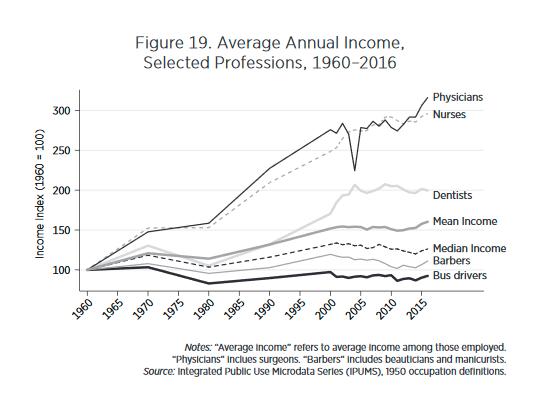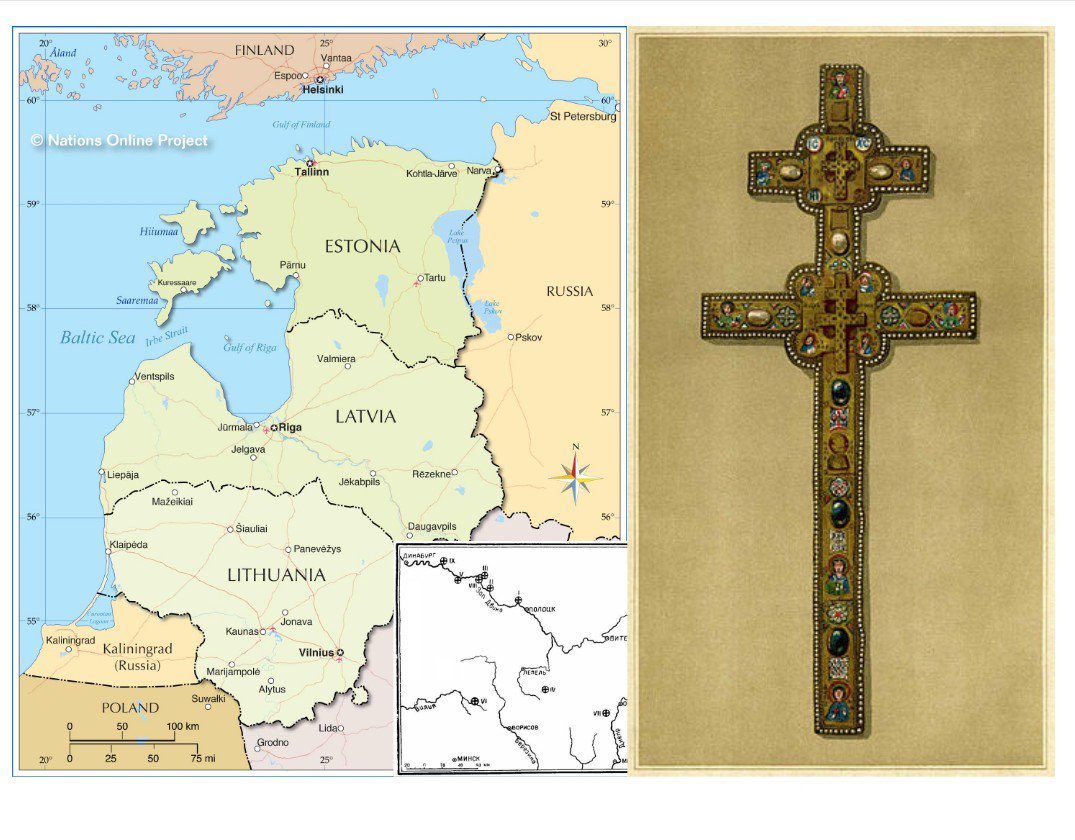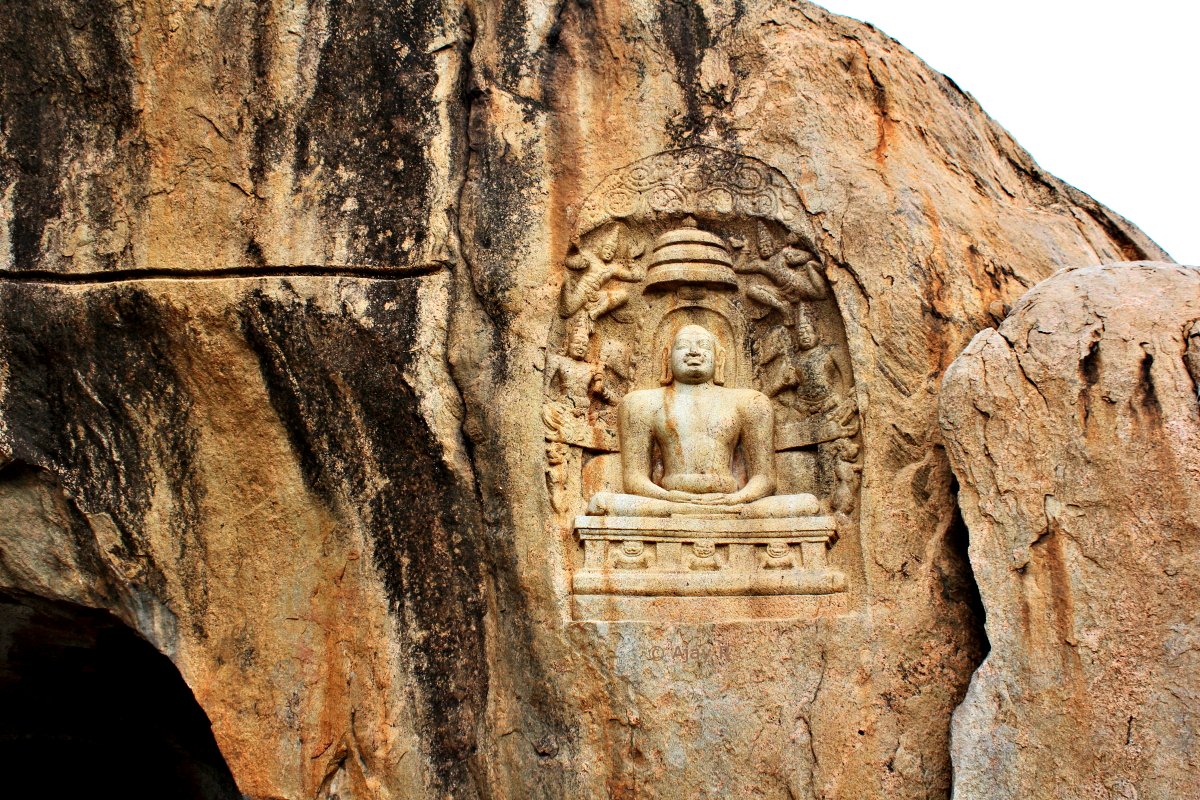So let me explain my thinking in a bit more detail.
[Thread]
A focus on high-n stats, for example, risks defining some political questions out of existence, and may have contributed to our failure to predict the rise of Trump.
chronicle.com/article/How-Po…
One way of doing this is to spell out a clear null hypothesis and ensure you're not "selecting cases on the dependent variable."
(Sadly, the answer is: they are.)
theatlantic.com/ideas/archive/…
1) I believe A.
2) I'll focus on aspects of history that imply A.
But there are three primary concerns I have that apply to both:
- Case Selection
- Genetic Fallacy
- Politics
Let's say you're an historian who thinks authoritarianism is good for growth. What do you study? Singapore!
Go write an accurate, well-documented history about Singapore's impressive economic performance under the semi-authoritarian leadership of Lee Kuan Yew.
But this requires us to look at cases with countervailing implications with equal attention.
I have serious doubts. Honestly ask yourself this question:
When did you last see a doctoral student who was working on a topic whose implications seemed to run counter to the core political beliefs of their advisor?
A lot of contemporary historical scholarship implicitly or explicitly takes the form of the genetic fallacy. It is, by now, a well-honed recipe:
i) I dislike X.
ii) I'll show that some variant of X has bad historical connotations or has led to unjust outcomes.
We need to check whether the bad effects of X are still happening and what the bad effects of abandoning X might be.
"Empirical studies on X's systematic effects today or normative arguments about whether it is good are not part of my job description!"
But this does rather elide the fact that the very reason why people tend to study X, and why work on particular Xs attracts so much attention, is because of the half-spoken implication that X is bad.
I have a BA and an MPhil in intellectual history from Cambridge, and some of my PhD work at Harvard was also in the history of political thought.
(Hold on, there's a pay-off to this obnoxious credentialing set-up in the next tweet.)
But somehow implying that the same is likely true today is supposed to make me a fellow-traveler of the anti-intellectual right?
(I say "we" because the same is surely also true in other departments.)
Oh, but we're completely aware of that! Any trained historian has read a lot about what the Whiggish interpretation of history got wrong!
In my mind, though, it's a much deeper warning about confirmation bias and the inevitable blindspots of all serious intellectual communities.
But if my critique makes you think that I'm your political enemy, then you are proving the very point you are pretending to contest.
Twitter isn't the right medium to pick an individual's work apart. And the problem is systematic, affecting the collective wisdom of subfields, rather than an individual one, proving any particular book wrong.
[End.]










